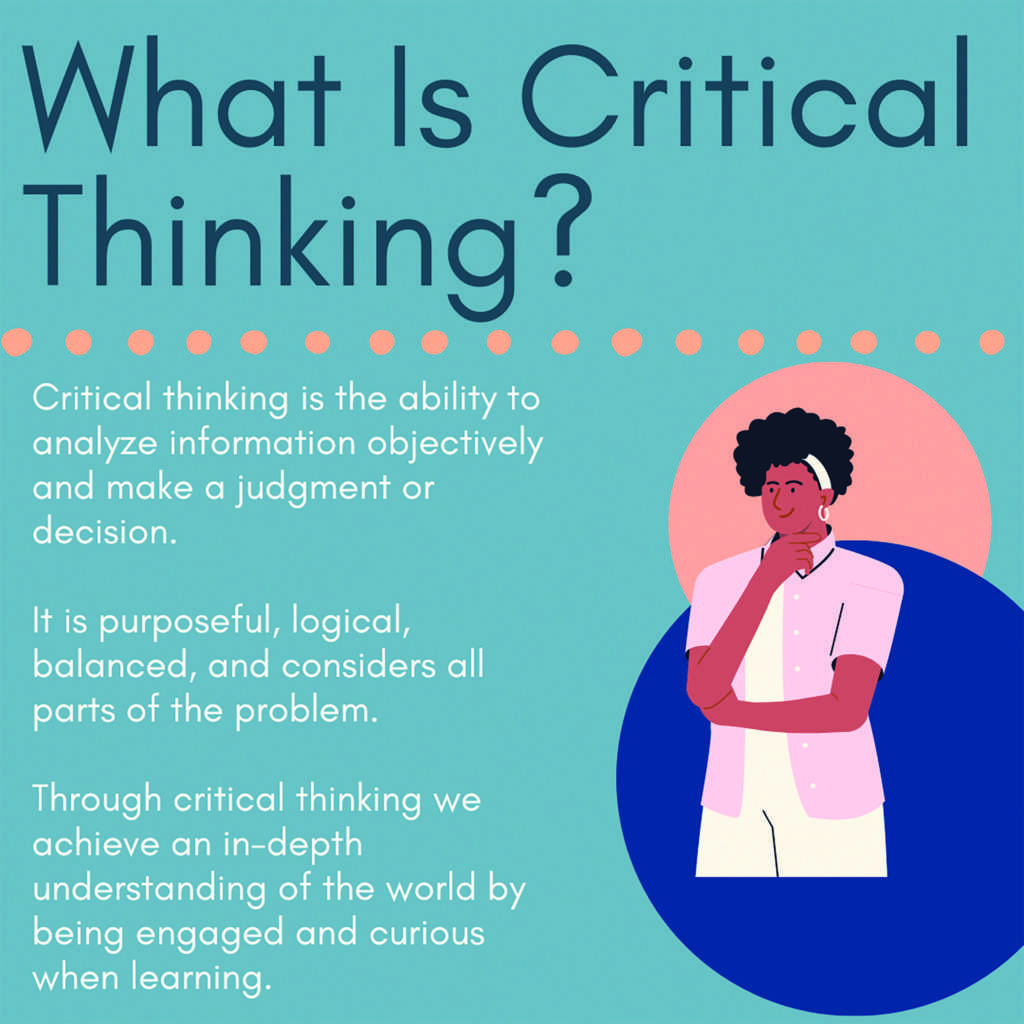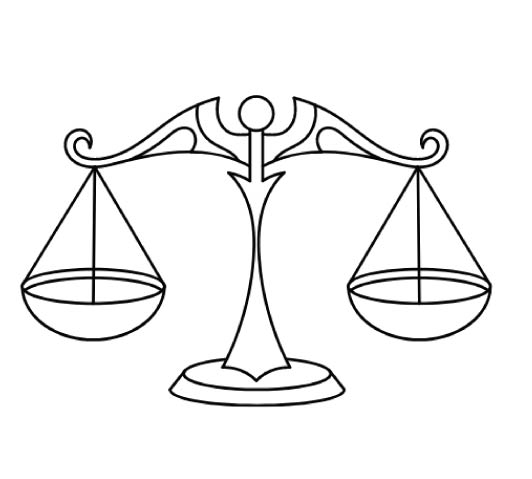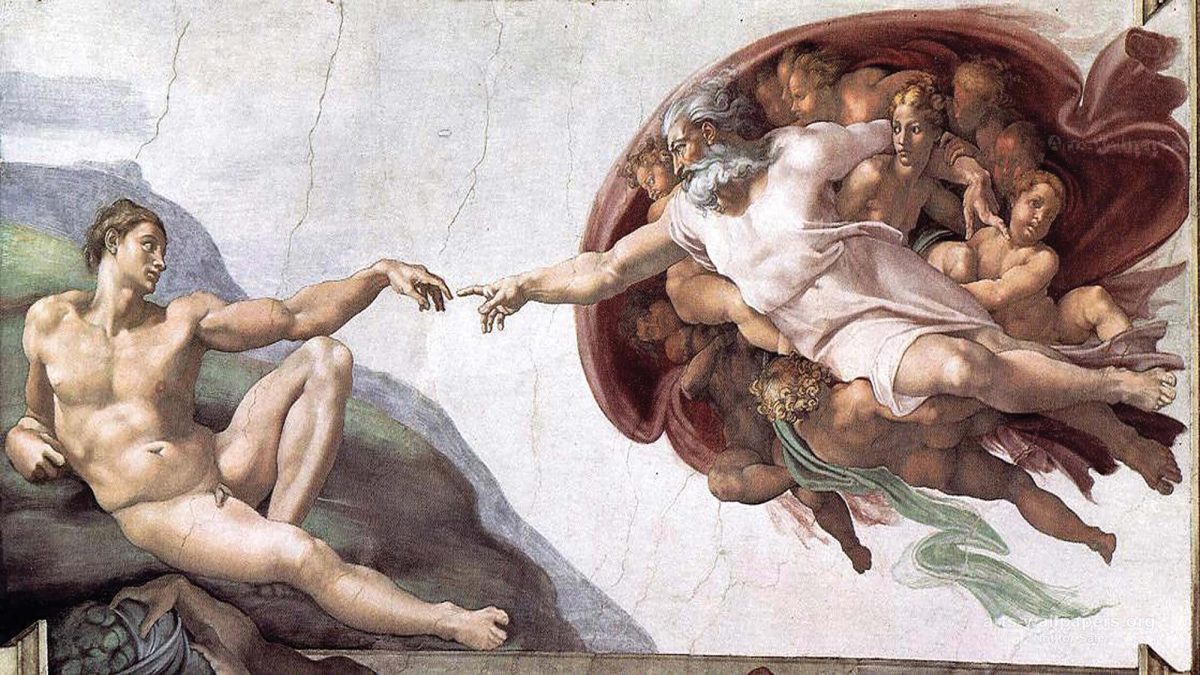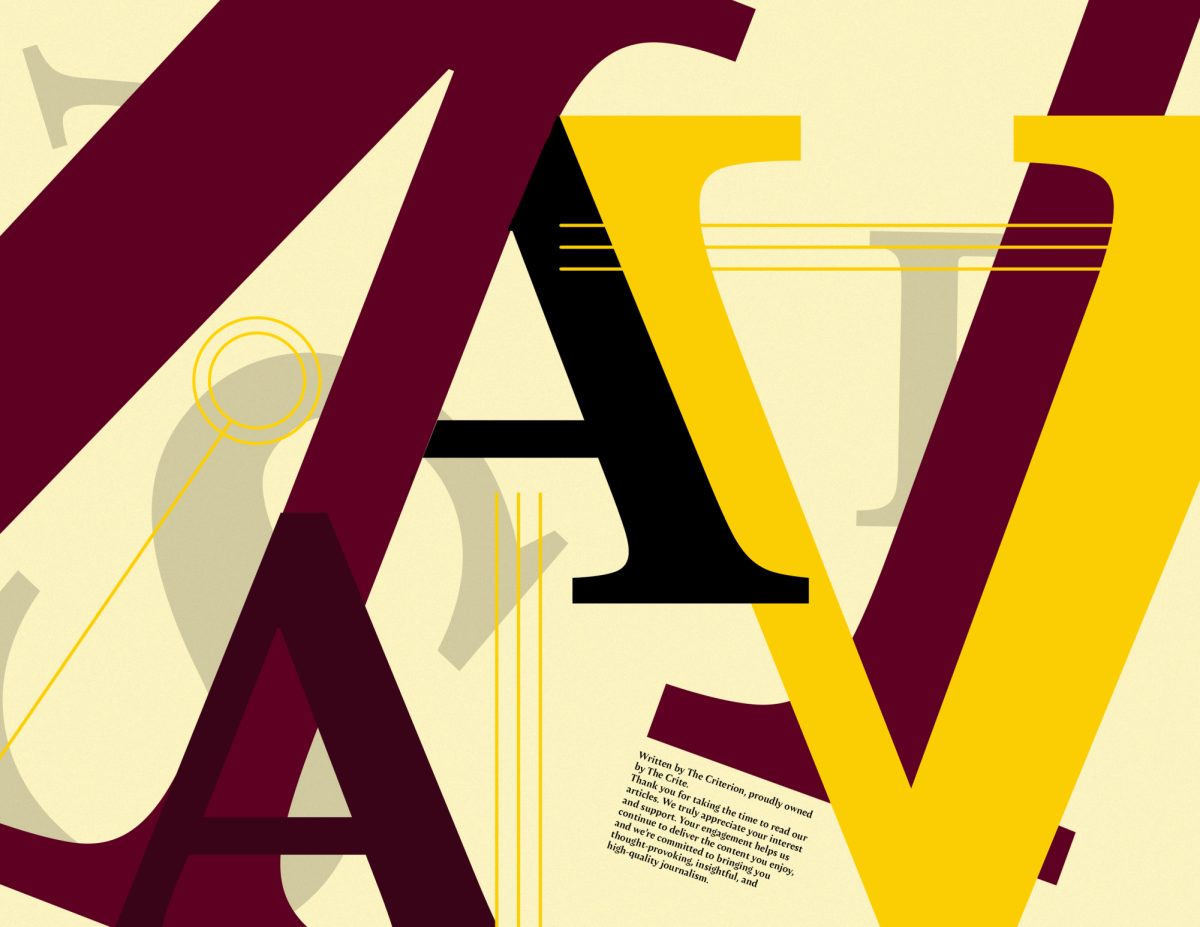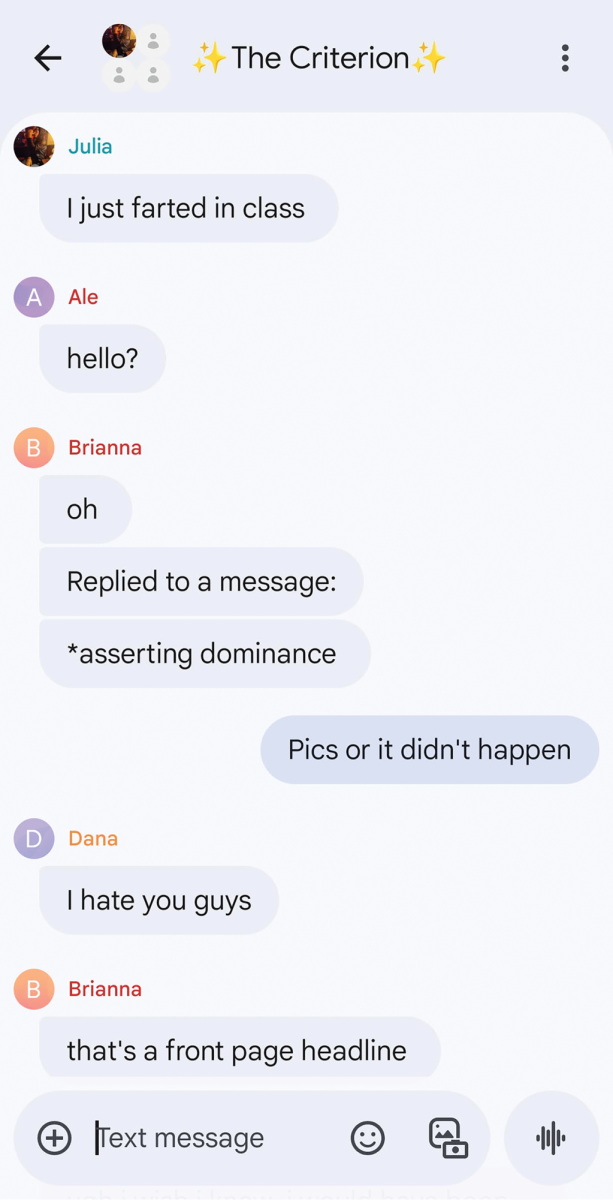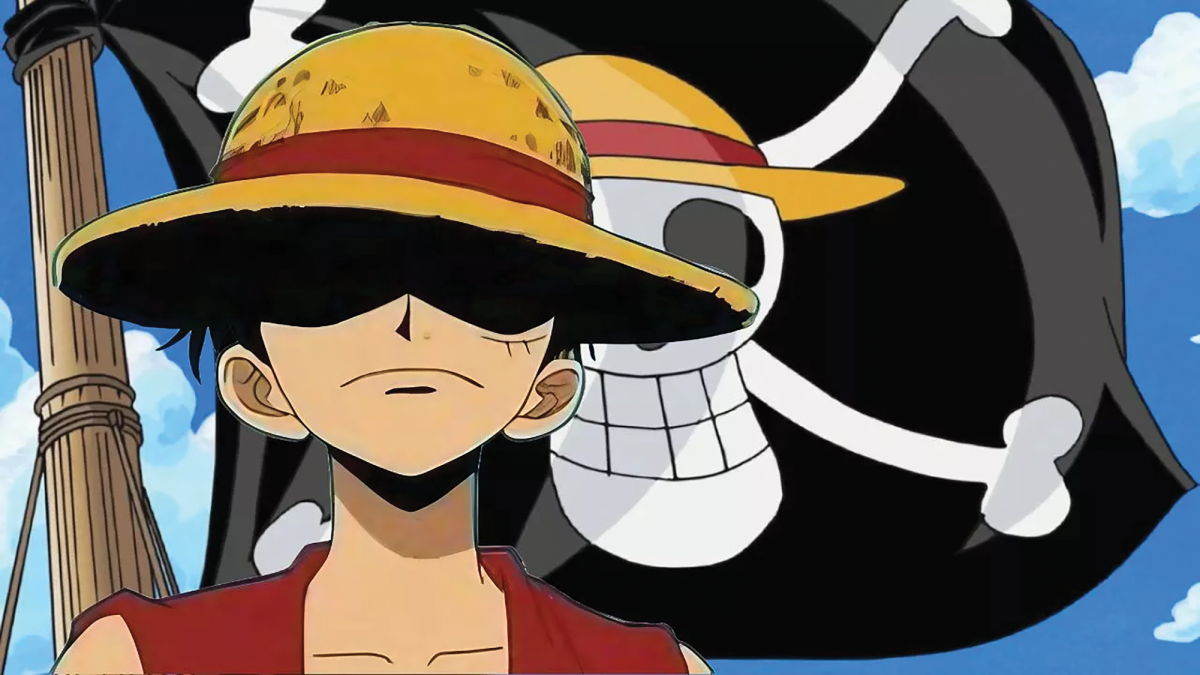Plato, in his world famous philosophical dialogue “Republic”, attempted to lay down the fundamental principles of an orderly, just and long lasting society and his work created the foundational text for all of western political philosophy.
Plato’s main concern was justice and stability, two very reasonable concerns to have. What is a society worth if it cannot deliver justice to its citizens and uphold social, political and economic stability? Though his concerns are all too familiar to us, his proposals to deal with them are not and range from being absurd to down right autocratic and tyrannical.
For example, he thought that poets should not be allowed citizenship in his ideal republic, as they spun tales that promoted conflict, moral corruption and threatened logical and intellectual clarity. In our times, the place of the poet has been taken by the novelist, screenwriter, opinion columnist and satirist.
Undoubtedly, many people gain a false understanding of the world from the various kinds of media they consume, even if that media isn’t meant to promote false ideas. But can we solve that problem by just exiling all producers of media? Obviously that would be ridiculous in our times, though it could have potentially worked in Plato’s. The truth of the matter is that it simply isn’t practical or desirable to institute a large system of state censors to ensure that what is published in the media is “correct.”
There is, in fact, a far simpler (though by no means easy) solution, and that would be to totally reform the US public education system all the way up the university level so that it focused entirely on cultivating critical thinking and rational discernment skills among students, teaching them how to apply those skills to everything from academic texts, political speeches, news articles and even novels, movies and TV shows.
Students would be required to learn the basic principles of the thoughts and theories of the most influential philosophers throughout history paired with other subjects, such as science, history, literature, mathematics, etc. They would learn to apply these thinking and reasoning skills to the more traditional subjects, and would have to demonstrate proficiency in both areas of study before being allowed to graduate. It would also be necessary for students to understand the fundamentally intertwined nature of every individual in our society, so that they would leave school with a strong sense of solidarity and civic responsibility.
In short, it would be a universal, nationwide implementation of a system of Jesuit-style education, intended to create a generation of philosopher-citizens. They would be able to properly reason, discern between good and bad, engage in political and social discourse in a productive way and regulate society rationally.
This is all incredibly important to us as students of a public university. All throughout the country, including here at Colorado Mesa University (CMU), universities are gutting courses in the humanities, which are the basis of classical education, and giving money and resources to STEM fields. STEM is of course important, but what good is a scientist who is unable to recognize that just because we can do something, it doesn’t mean we should do it? Such a scientist would not only lack critical thinking skills, but they would also be a threat to society. We were smart enough to realize we could build the atom bomb, but not smart enough to realize that we shouldn’t.
There is a reason for this. A thinking citizen is a citizen who is more likely to ask hard questions and demand transparency from their government and to demand that their government be held to the same standards as any other organization or person. A thinking citizen is more likely to inquire after truth, even if the powers that be attempt to hide and suppress it. A thinking citizen has deep rooted moral and ethical principles which he will not betray at the whim of the authorities, and because of these principles, he is both willing and able to fight to change society if he sees it stray too far from them.
You may wonder why all this trouble should be gone through simply to ensure that democracy remains stable. If democracy is such a fickle thing, surely we would be better off with some other system, such as monarchy, or even theocracy, which require no input from the common people at all and openly scorn their opinions? Why not simply ensure that those in charge are wise, and leave everything to them?
This argument has been made many times before, and has its merits; however, it ignores the very prickly problem of who determines what wisdom is. By only educating the powerful minority, they become set apart from the rest of humanity. Over many decades, the differences become so pronounced that rulers and the ruled can barely understand each other, much less live in harmony together. This has been the fate of every such system, whether it be monarchical, oligarchical, plutocratic or a mix of all three.
“This is the first principle of democracy: that the essential things in men are the things they hold in common, not the things they hold separately,” writes author G.K. Chesterton, which summarizes the advantage of democracy.
By prioritizing what is common, democracy allows human beings to regulate themselves amongst themselves, rather than be regulated by others who stand above them. This can only be done if everyone possesses the ability to think in the context of history and society, and it is for this reason that we justify our ambition to make a rhetorician of the radiologist, and a critic of the carpenter.



